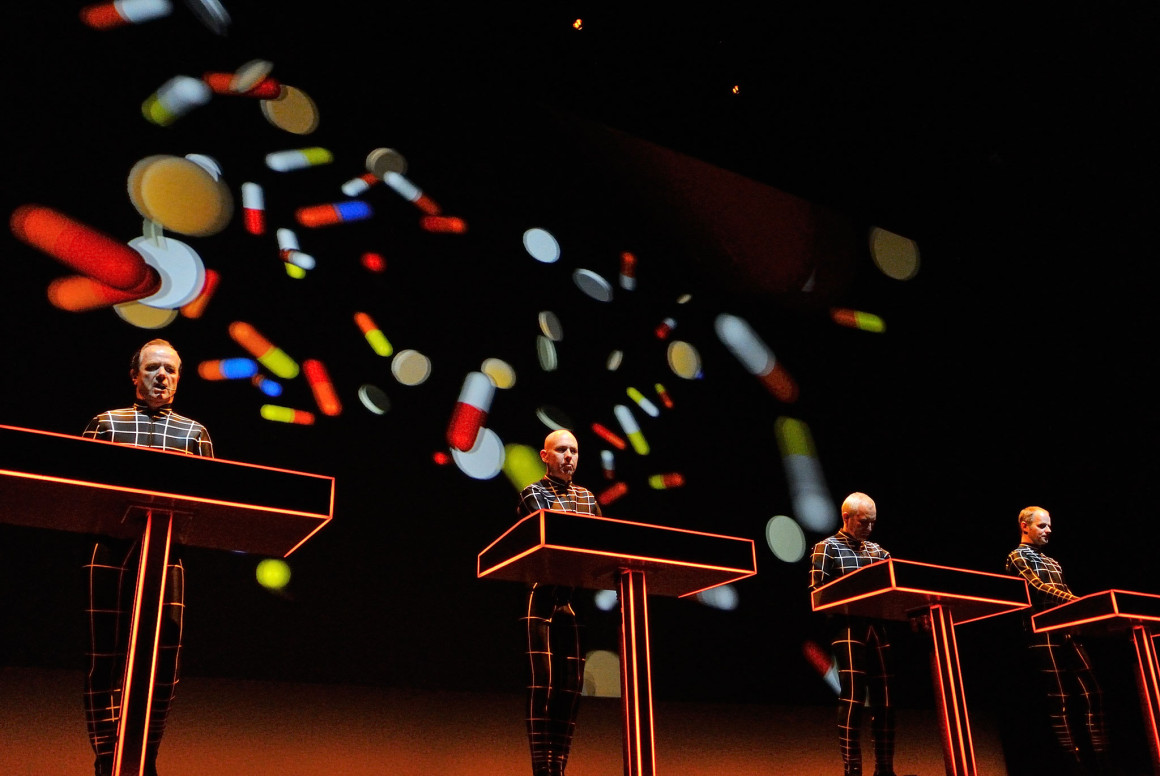
Event explores the cultural context of krautrock
By Jason Herring, March 19 2015 —
The University of Calgary’s department of linguistics, languages and culture (LLC) will explore the cultural significance of krautrock, a music genre that emerged in West Germany in the late 1960s.
Called Kraut, Machines and Eternal Grooves: The Cultural Importance of German Popular Music in the 1970s, the event is part of a series of talks hosted by the LLC.
Speakers include Sascha Seiler, a professor at the University of Mainz in Germany who specializes in German pop culture, and Malcolm Mooney, founding vocalist of the quintessential krautrock band Can.
Seiler says krautrock emerged in Germany as the country began to recover from the Second World War. Western pop culture was gaining prominence there after the war — the Beatles even released some of their early singles in German. In this environment, German musicians began to create music that defied pop-culture constructs.
“When you look back at the ’60s, there was [a lot of] reluctance towards American culture, with people saying that American culture is not a real type of culture, not high culture,” Seiler says. “This is a kind of music that is culturally very interesting because it tries to do something of its own.”
Seiler says krautrock was underappreciated when it was first made. Music from bands such as Can and Neu! only began to receive critical acclaim decades after its release. Ironically, he says krautrock “went through England, then through America, before it came back to Germany.”
The only krautrock band that became commercially successful in Germany was electronic pioneers Kraftwerk, who Seiler says had “already [moved] away from the krautrock phenomenon” by the time they rose to prominence in the 1970s.
Mooney, the second speaker at the event, performed vocals for Can on the band’s first album, Monster Mash. After the release, Mooney quit the band and left Europe due to problems with his mental health.
Seiler says Mooney’s contributions to Can were vital in the creation of one of the first krautrock albums.
Mooney will discuss his experiences as a member of Can and the art he created after his time with the band.
He currently lives in Calgary and works as a visual artist.
Outside Germany, krautrock has had a long-lasting effect on popular Western music, with artists such as David Bowie, Radiohead, Talking Heads and Joy Division citing the movement as a major influence on their works.
Kraut, Machines and Eternal Grooves: The Cultural Importance of German Popular Music in the 1970s will be held on March 20 from 3:00–4:30 p.m. in Craigie Hall D420. Admission is free.
